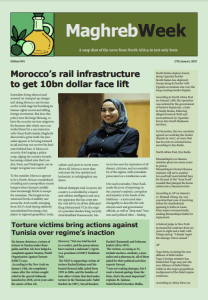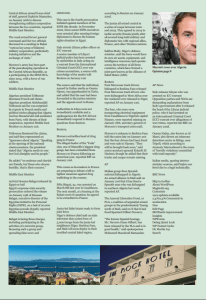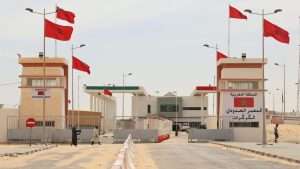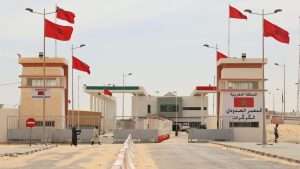4 Million Displaced in 4-Month Sudan Crisis

As the war in Sudan has reached its fourth month on 15th August, the situation is now “spiraling out of control”, says the UN. The conflict began on the 15th of April due to fighting between the Sudanese army and the Rapid Support Forces RSF.
Between the start of the war and what it has come to in the present day, over 4 million people have been displaced.
Out of the 4 million people, almost 3.3 million have been internally displaced. 71% of these people were originally from Khartoum, the capital.
Over 1 million people have been forced to flee Sudan into neighbouring countries, most of which are already faced with their own economic difficulties or conflict.
Moreover, the UN estimates that more than 4,000 people have been killed during the ongoing war. Many of those killed have yet to be identified or buried, nor have their remains been collected.
Another side effect of the conflict is that across the country, some 7 million children are currently out of school, putting them at an increased risk for violence and displacement.
For citizens seeking to access basic Healthcare, the prospects are sombre. More than 80% of Sudan’s hospitals are going out of service, according to The World Health Organization.
the Sudanese Doctors Syndicate, a doctor’s union, reports that out of 89 main hospitals in the capital and other states, 71 are out of service, while the remainder are only able to operate at partial capacity, taking in only the most severe cases.
Women and children are those bearing the brunt, as they are especially at risk in regard to health care needs.
260’000 women are currently pregnant and nearly 100’000 are expected to give birth in the next 3 months.
An estimated 4 million children, and women who are pregnant or breastfeeding are acutely malnourished.
Over 100’000 children under the age of five have severe acute malnutrition with medical complications and require specialised care to survive. At present, children’s hospitals are operating at 50%, while trauma hospitals are completely closed.
Currently, it is estimated that 11 million people need urgent health assistance, while hospitals are suffering from a lack of supplies, especially those in States which have had an influx of newly internally displaced people arriving from the capital and other regions as they evacuated conflict areas. There has also been limited access to medicines, medical supplies as well as electricity and water.
The Regional Director of the World Health Organization (WHO) Office for the Eastern Mediterranean, Ahmed Al Mandhari, warned on 10 August that over the next six months, 39 per cent of Sudan’s population is expected to be malnourished.
The humanitarian appeal is only 25.4 per cent funded, with $651 million received as of 14 August, according to the Financial Tracking Service.
Want to chase the pulse of North Africa? Enter your email address and name to receive our weekly newsletter.










